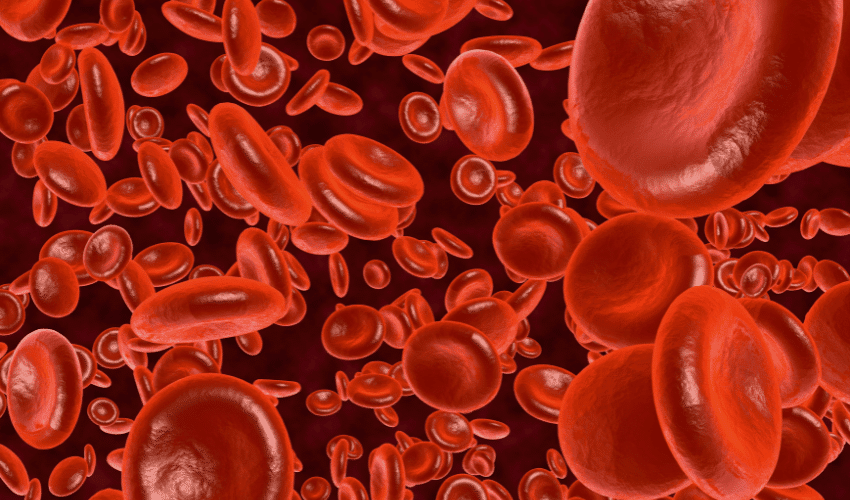Frequently Asked Questions about Severe Anemia

What are the most common symptoms of severe anemia?
Common symptoms of severe anemia include fatigue, weakness, shortness of breath, dizziness, rapid heartbeat, pale skin, chest pain, and cold hands and feet. In some cases, an individual may also experience headaches, irritability, and difficulty concentrating.
How is severe anemia diagnosed?
Severe anemia is typically diagnosed through a blood test called a complete blood count (CBC). It measures the number of red blood cells and hemoglobin in the blood. Additional tests may be ordered to determine the specific cause of anemia. For example reticulocyte count, iron studies, and vitamin B12 and folate levels,
Can severe anemia be life-threatening?
Yes, severe anemia can be life-threatening, particularly if left untreated. Severe anemia can lead to complications such as heart failure, arrhythmias, and organ damage due to a lack of oxygen delivery to tissues. It’s crucial to seek medical attention if you suspect you have severe anemia.
What is the treatment for severe anemia?
Treatment for severe anemia depends on the underlying cause. Common treatments include iron, vitamin B12, or folate supplementation, blood transfusions, erythropoiesis-stimulating agents (ESAs), and medications to manage underlying conditions, such as autoimmune disorders or chronic inflammatory diseases.
How can we prevent severe anemia?
In many cases, severe anemia can be prevented through a healthy diet rich in iron, vitamin B12, and folate, as well as regular check-ups with a healthcare professional to monitor blood counts and address any underlying health issues. However, some causes of severe anemia, such as genetic disorders or bone marrow disorders, may not be preventable.
Conclusion: Preventing and Managing Severe Anemia
Severe anemia is a complex and potentially life-threatening condition with a wide range of causes. Understanding these causes and their risk factors is essential for preventing and treating severe anemia effectively. By becoming aware of the top 10 causes of severe anemia, you can take steps to minimize your risk and maintain your health.
If you suspect that you or a loved one may be experiencing severe anemia, it’s important to consult with a healthcare professional for proper diagnosis and treatment. Early intervention is crucial for preventing complications and ensuring the best possible outcome for those affected by severe anemia.